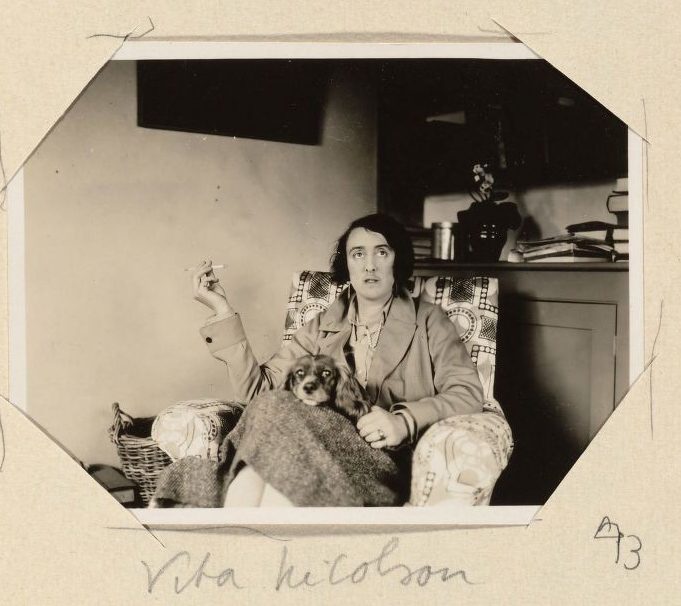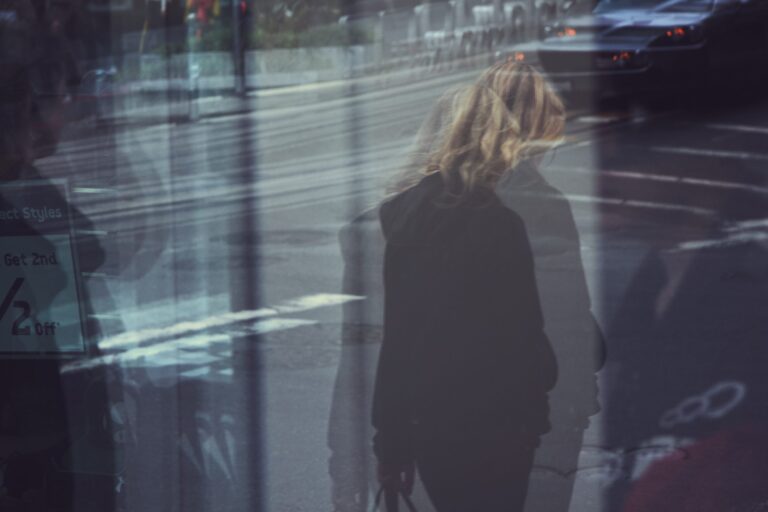Generosity as a Social Justice Reading Practice

As much as I hate to admit it, there was once a time when I thought that I didn’t like most poetry written by women because it was “boring” or “soft.” I was young, in college, and I was listening to my (male) poetry professor tell me who was a good poet, who wasn’t, and why. The few women poets we read were either historical and usually Eastern European (Akhmatova, Szymborska), or, if they were contemporary, they were writing about sex in a way that “compelled” my teacher. The two sexual poems I especially remember were “Practicing” by Marie Howe, which features seventh-grade girls “practicing” kissing with one another, and “Vegetable Love” by Jo Shapcott, a persona poem that has a cabbage pining away in the crisper drawer, hoping to be eaten. These poems are without fault, but my takeaway was that women writers had to write about war, death, or sex to be of importance. The stakes of their work had to be much higher than the male writers we were also reading if they were of merit, of “good taste.”
Without realizing it, of course, I’d ingested and internalized this form of misogyny, one that was handed down within academia, from a single teacher—a rotten taproot it took years for me to even recognize, much less rip out. It took me many years and many poems, many readings and many self-reflections to dismantle, something that I worked very hard at, once I recognized its influence over me, how it limited me as both a poet and a reader of poetry, as a good literary citizen and as a human. A turning point poet for me was Lynda Hull, whose work seemed fearless and, perhaps even more importantly, I developed friendships with other women poets, and I became ashamed for ever having any kind of bias against the work of women poets. I wanted my reading habits to reflect my larger ideas and ideals about equity and social justice. This meant that I needed to recognize more than one poetic tradition, to honor the traditions of poetry, both on the page and spoken word, and how they influence contemporary poetries, and then read within all of those poetries.
Generosity is the word I use for this reading practice, as it suggests that I give something—my attention, my curiosity, my ear—to (almost) all poems. This is not to say that I like every poem that I encounter, only that I do not attempt to pass judgment on it because of its style, author, or tradition alone. At its core, this reading practice demands that the reader seek out work by writers who were doing something entirely different than the writers one holds most dear, and work by writers with different backgrounds and experiences than one’s own. With racism, misogyny, and xenophobia at a visible boiling point in the United States, and literature’s resilience as an art form that allows one unique access into the lives and challenges of others, reading generously seems more important than ever. It’s okay for readers to feel uncomfortable reading poetry as well—this demonstrates poetry’s efficacy as an empathetic art.
I’m not perfect at reading this way, and I sometimes have to rely on fellow poets and readers to point me in the right direction. There are a number of practices and resources that can encourage the practice of reading generously or introduce one to new writers:
- Read literary magazines. Not only do literary magazines increase one’s chances of seeing new, fresh work, they create conversational juxtapositions between established and emerging writers.
- Follow writers and organizations who regularly share new work on social media. I recommend Kaveh Akbar (@KavehAkbar on Twitter) as a great place to start, and also check out his interviews with poets on Divedapper.
- Listen to podcasts that promote dialogues about poetry and its ongoing relevance. Check out VS, hosted by Franny Choi and Danez Smith.
- Seek out opportunities to hear poets in your local community and beyond. Festivals like the Dodge Poetry Festival are great places to hear the work of many poets in a short amount of time.
- Read and read and read the works of writers who don’t look like you, who aren’t from the same place as you, who don’t have the same first language as you, who have different abilities, who have a different gender than you or a different sexual orientation.
- Regularly check yourself about your reading habits and tastes. Whenever I have a negative idea about a poem, I always pause and try to interrogate why I had that negative thought. Why did I think that? Did that come from me or elsewhere? Could someone else see it differently? Am I hurting poetry by saying this? Am I limiting my experience of poetry?
This list is certainly not exhaustive, but it does provide with some good practices if you’re looking to expand your reading habits. Reading should never be a static activity, else why read anything other than what you’ve already read? Instead, strive with me for reading that’s dynamic, changing, always growing, becoming more self-aware.


